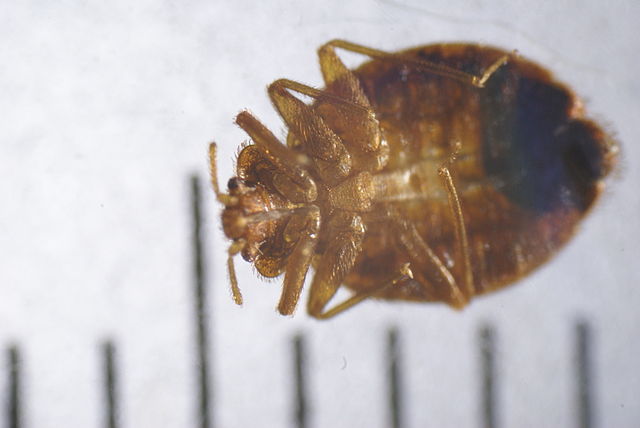
Paris, the city of love, has appeared to lose its charm as many travellers have spoken up about their tragic experiences with bedbugs. The internet has been flooded with various content, commenting on the newest infestation, warning future tourists and discouraging many people from visiting the French capital. Many have joked about it online, and some warned about bedbugs, making the issue seem like a serious concern, causing people panic about taking the little creatures home with them, after coming back home from their holiday. This unfolding of events is unfavourable for the city that is slowly preparing for the 2024 Summer Olympics. It is important to consider if the negative sentiment is justified and if the bedbug infestation really is a burning issue.
Three years after the pandemic, many media channels have become used to the narrative of fear of new health concerns ad have taken a role of information channels, warning the public against emerging dangers. This extends to social media, which often hyperbolises news in order to gain more attention and has a tendency to spread a lot of fake facts. Therefore, it is crucial to look at the problem from an informed, scientific point of view, considering especially that they have been around for longer than it seems.
11% of French houses had bedbugs between 2017 and 2022
Bedbugs are tiny, around the size of an apple seed and they are usually reddish or brown. They are often hard to spot, but visible to the human eye. They feed on human blood and are most active at night, around 12am and 5am. It has not been proven that they transmit any serious diseases, however their bites can start allergic reactions and the constant stress of bringing them home can be a cause of psychological distress. Surprisingly, humans and bedbugs have a longer shared history, dating back around 11,000 years when men lived in caves. The situation in Paris is not the only time when they have caused panic to tourists. According to data, 11% of French houses had bedbugs between 2017 and 2022, as well as a decade ago New York went through the same problem as Paris is currently experiencing.
However, one of the concerns that scientists are more conscious of is the resistance that bedbugs are developing against commonly used insecticides. Those blood thirsty creatures started genetically mutating in order to avoid death from chemicals such as DDT that has been widely used after Second World War. The drug works by closing sodium channels that enable proper nerve function in bedbugs, transporting charged sodium ions around the insect’s body. The drug was highly effective until the genetic mutations started, making it harder to deal with bedbug infestations as DDT was no longer able to bind to the sodium channels. Some have also developed harder exoskeletons in response to the drug. However, scientists have started to research bio pesticides that would be more complicated to develop resistance against, as they would form spores that can attach to the bug’s body when walking and attack their immune system, whilst being safe for humans.
But on a personal level, there are other ways to deal with infestations rather than waiting for more successful insecticides to be introduced into the market. One of the most accessible methods is the washing and drying of clothes. The bugs would get killed in extreme temperatures and tumble dryers are very effective in preventing bedbug populations to grow. Another solution, that is more expensive, is to hire professionals that can remove the issue for over €900. But if you want to protect yourself when you are sleeping in a hotel and the thought of sharing a room with bedbugs makes you want to cry, check your bed carefully for any signs of infestation. Any red stains, tiny eggs or dark spots that look like excrements, can be an indication that bedbugs are alive and well in your room. Then you can call the hotel management and let them book professionals to get rid of them. If you notice any spots or itchy areas on your body, wash them carefully and use anti-itch cream. If you don’t see any improvements, contact a doctor.
But the most important advice is to not panic. After all, bedbugs are not a life-threatening concern, and you can easily get rid of them.


